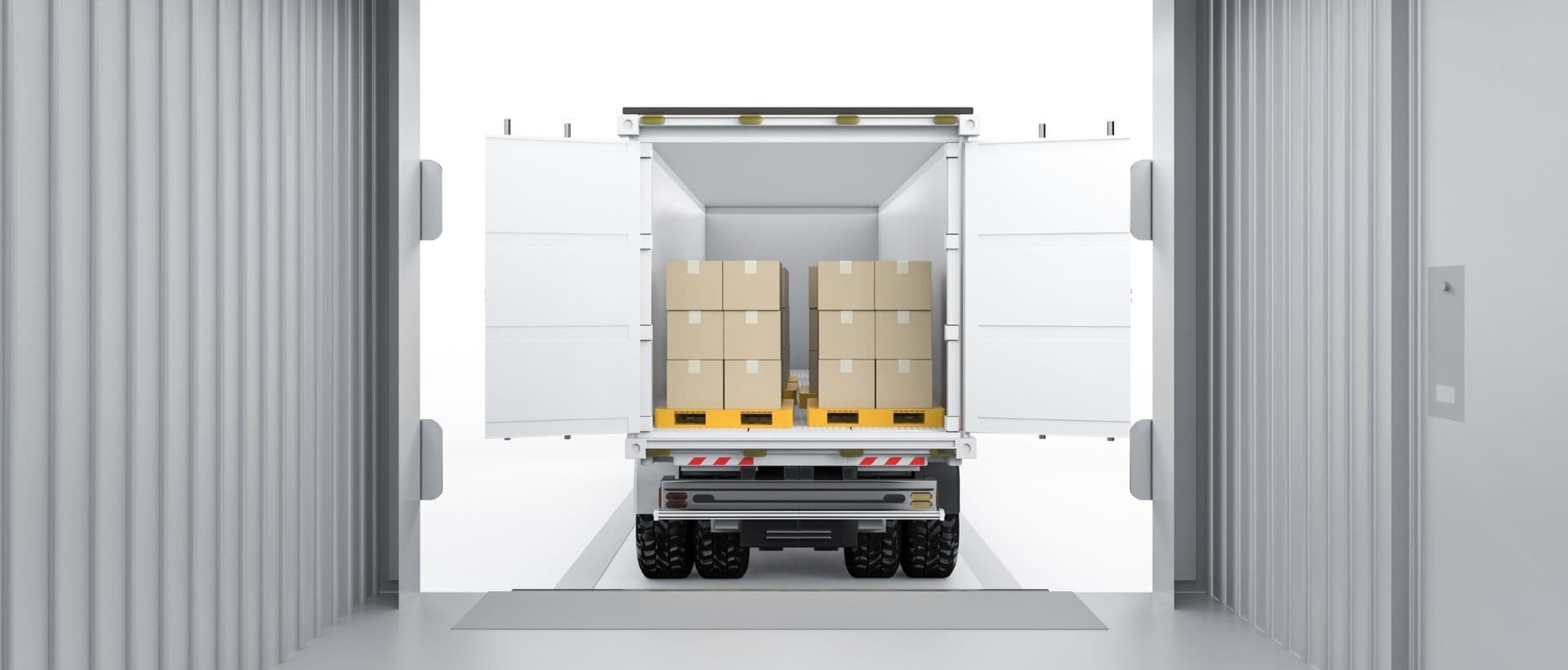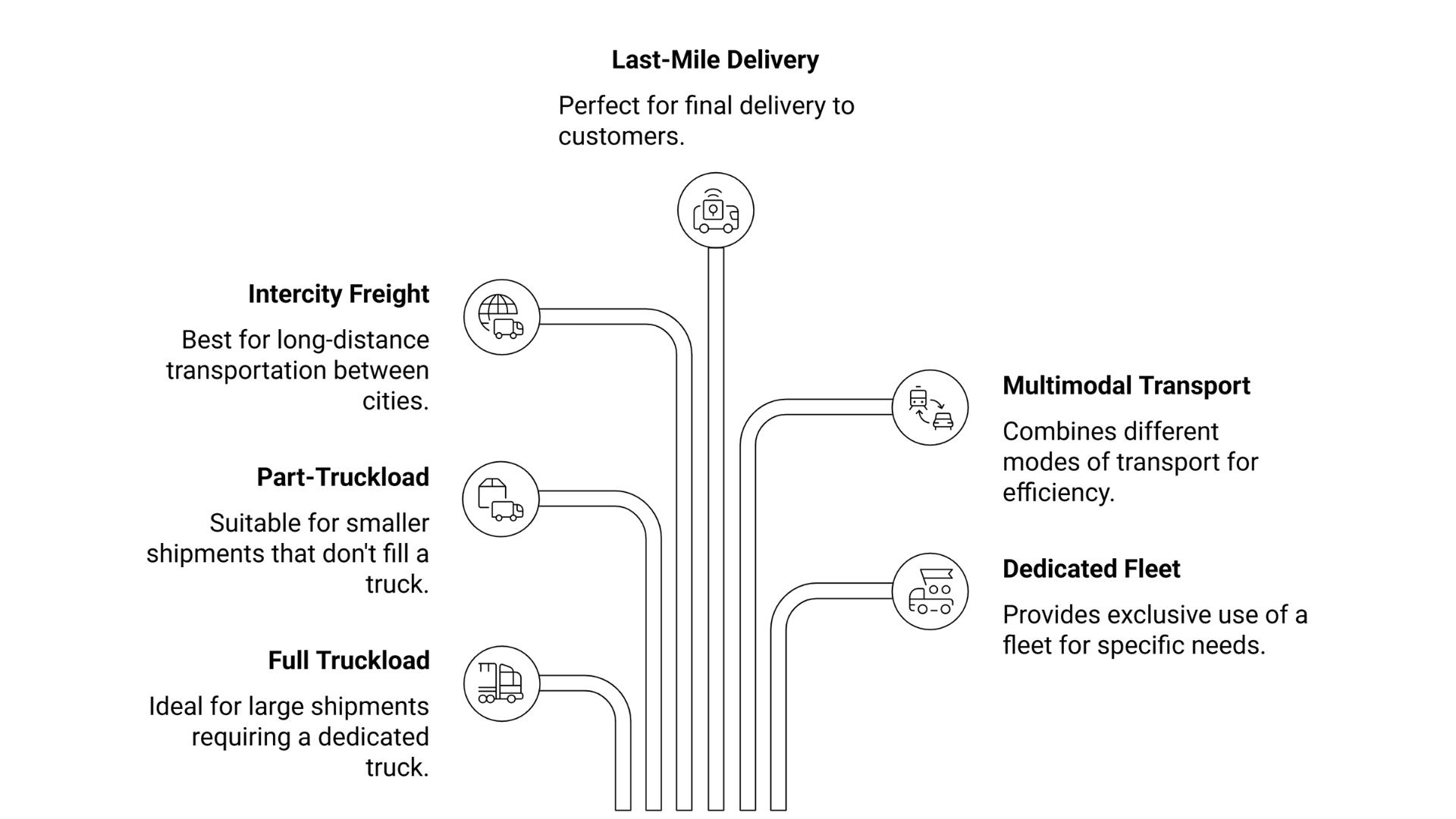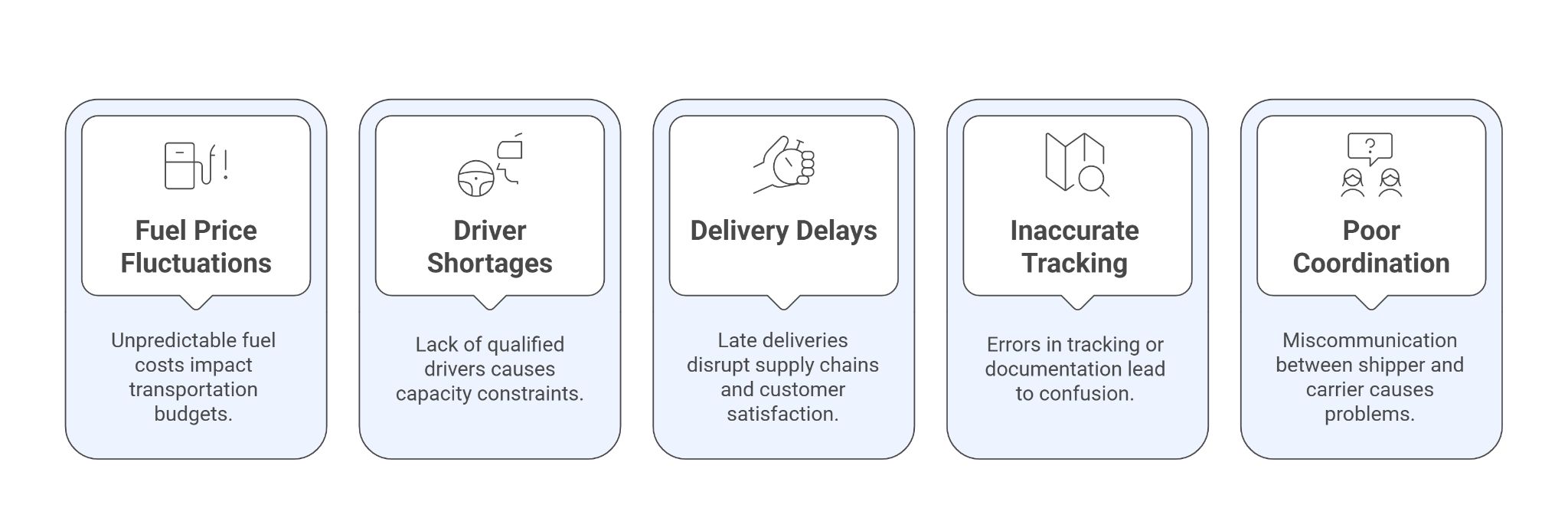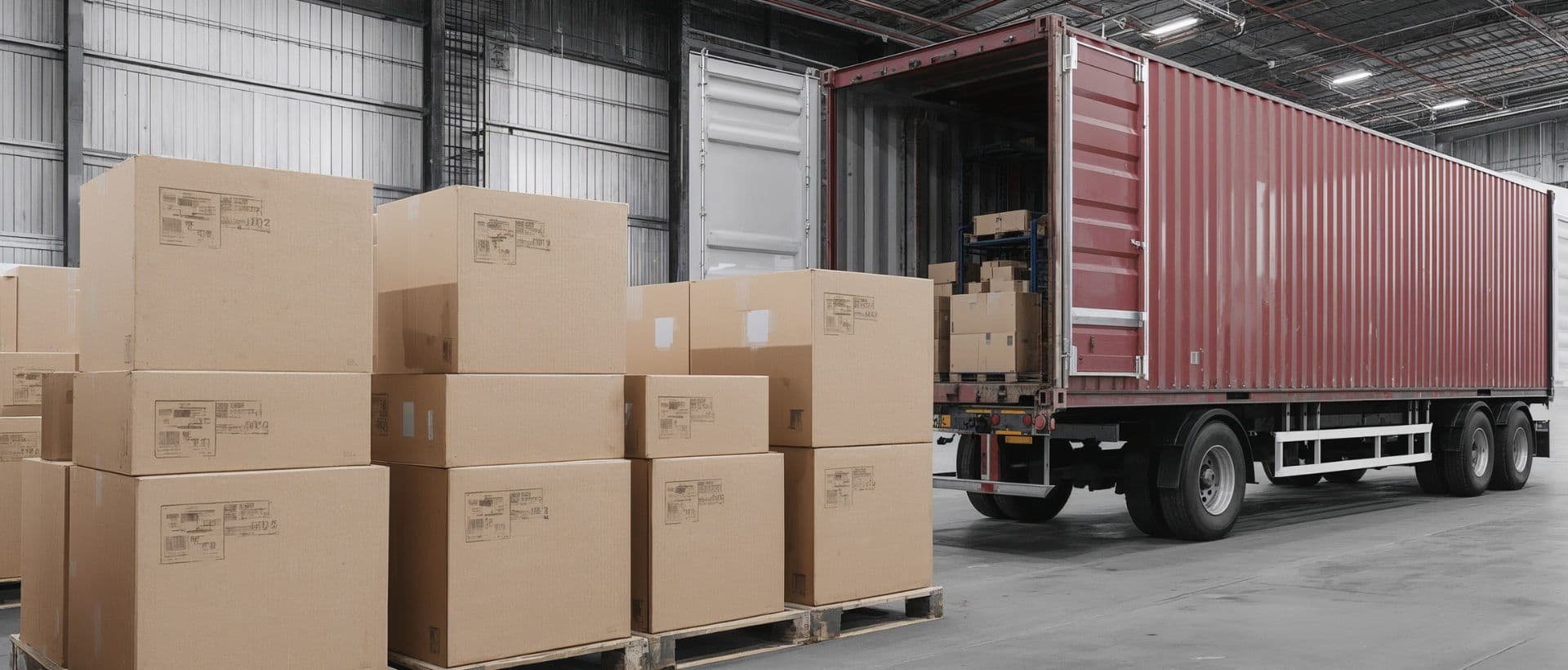
Transportation and logistics have always been the unsung backbone of business. Behind every stocked warehouse and every shelf of merchandise is a labyrinthine network of carriers, vehicles, and schedules shuttling merchandise between companies. At the heart of this network is the B2B Transport Service, a system built to sustain trade among manufacturers, distributors, and retailers.
Understanding B2B Transport Service
A B2B Transport Service is the coordinated shipment of products between or among businesses. These B2B shipments differ from consumer deliveries in that they entail bulk loads, regular schedules, and longer-term agreements. Where business-to-consumer deliveries focus on one item at a time and door-to-door delivery, B2B Transportation Services are focused on efficiency, volume, and reliability. These operations are based on organized runs of transport and distribution, specialized freight forwarding, and long-term rather than single transaction relationships.
How B2B Transportation Works
A B2B Transportation Service operates through an interconnected process of acquiring goods, shipping them, and distributing them with precision. The process can begin with the supplier coordinating a pickup, vehicle assignment, route planning, and documentation. Once the shipment is loaded, electronic tracking devices monitor it until it reaches its destination.
Each stage demands cooperation among the consignee, shipper, and carrier. The use of GPS tracking, electronic freight platforms, and computerized paperwork has sped up the system and rendered it more open than ever before.
Types of B2B Transport Services

The needs of modern-day companies are varied, and so are the types of B2B Transport Services today.
1. Full Truckload (FTL)
FTL shipping is ideal if a company's products occupy an entire truck. It is often used for high volumes or time-sensitive deliveries. Businesses prefer FTL for its direct routing, minimal handling, and faster delivery timetables.
2. Part-Truckload (PTL)
Also known as part load transport service, this model allows multiple businesses to use space on one truck. It is cost-effective for medium-sized volumes and reduces wastage of truck capacity. PTL is best for firms with fluctuating or seasonal demand.
3. Intercity / Interstate Freight
This service involves the longer-distance shipping of goods from cities or state borders. It requires adherence to transport laws, mapping routes, and coordination with the final logistics hub.
4. Last-Mile Delivery
Last-mile delivery in B2B logistics ensures that merchandise is delivered to retail outlets, distribution facilities, or manufacturing plants from local warehouses.
5. Multimodal Transport
This B2B transport model involves integrating two or more modes of transport—road, rail, air, or sea—in order to achieve cost savings and accessibility.
6. Dedicated Fleet Services
Some companies prefer to hire a committed fleet for their transportation needs. These services provide branded fleet vehicles, trained drivers, and committed scheduling on behalf of the client.
Why B2B Transport Services Matter for Businesses
A good B2B Transport Service plays a vital role in maintaining a continuous supply chain. Every manufacturing unit, warehouse, and distribution facility depends on the timely transportation of raw materials and finished products. Delays at any point result in production losses, financial losses, and poor customer service.
Efficient transport synchronizes inter-departmentally—procurement, production, and sales. It also assists with inventory management through synchronization of deliveries with demand forecasts. For growing enterprises, transport efficiency becomes a determinant of competitiveness.
Major Benefits of Using B2B Transport Services
1. Scalability
As a business grows, the requirements of transport and logistics shift. A skilled B2B Transportation Service may modify operations with respect to seasonal demand, new geography, or broader product lines without the business having to make an investment in its own trucking fleet.
2. Efficiency
Transport carriers leverage improved routing, electronic monitoring, and qualified personnel to ensure operational efficiency. These efficiencies allow companies to decrease transit time and increase reliability along the supply chain.
3. Cost Savings
Logistics outsourcing reduces ownership needs for trucks, fuel, and drivers. Shared transportation options like LTL shipping also decrease costs by dividing expenses among various customers.
4. Reliability
Established carriers ensure frequent delivery times and constant handling of goods. The consistency helps organizations maintain constant customer trust and operational stability.
5. Data Insights
Modern B2B Transport Solutions rely on vehicle performance, delivery schedule, and route tracking technology. Such data helps companies forecast demand, inventory planning, and future shipment optimization.
How to Choose the Best B2B Transportation Service Provider
The choice of the right logistics partner can make all the difference in running your logistics network smoothly. Organizations need to look at providers based on the following vital factors:
- Experience and Coverage: Choose organizations that possess established expertise in your organization and have wide coverage.
- Fleet Quality: Check if they possess updated, well-conditioned trucks with GPS and safety features.
- Technology Integration: Check if they possess digital monitoring, automated invoicing, and communication amenities that ease coordination.
- Reliability and Service Record: Monitor on-time delivery percentages, customer referrals, and complaint resolution policies.
- Flexibility: The best B2B Transportation Service providers adapt to supply and demand fluctuations and offer FTL and PTL transport arrangements.
It's also advised that one installs strong service-level agreements (SLAs) that specify delivery times, delay charges, and performance metrics.
The Most Frequent Issues of B2B Transport and Shipping — and How to Deal with Them

Even with advanced systems, shipping logistics have things called "real-world issues." Understanding them allows businesses to anticipate and respond accordingly.
1. Fuel Price Fluctuations
Rising fuel prices directly affect freight rates. Transport companies can manage the risk by price fixing with annual agreements or route optimization to limit idle mileage.
2. Driver Shortages
Trained drivers are often short in numbers. Partnering with experienced transporters who are interested in driver training and well-being can provide stability to operations.
3. Delivery Delays
Traffic congestion, weather conditions, or regulatory checks might cause unexpected delays. Real-time tracking and forecasting analytics allow firms to anticipate such delays and reschedule accordingly.
4. Inaccurate Tracking or Documentation Errors
Manual documentation is subject to errors and holdups at checkpoints. Digital documentation and e-way bill systems enhance accuracy and compliance.
5. Poor Coordination Between Shipper and Carrier
Communication lapses usually lead to misunderstandings in routing or scheduling. Selecting a B2B Transport Service with customer support available at all times facilitates easier coordination and quicker troubleshooting.
Conclusion
A reliable transport infrastructure is not just an operational advantage—it is the foundation of business continuity. Reliable, efficient, and scalable transportation systems support every node within the B2B supply chain. The B2B Transport Service bridges distances among suppliers, manufacturers, and retailers, allowing industries to function as one cohesive whole.
As trade has expanded and supply chains have grown more complex, investing in strategic B2B logistics partnerships is a good option. It is a strategic requirement that directly correlates with how well a business will be able to service the needs of the market, keep costs in check, and sustain growth.


